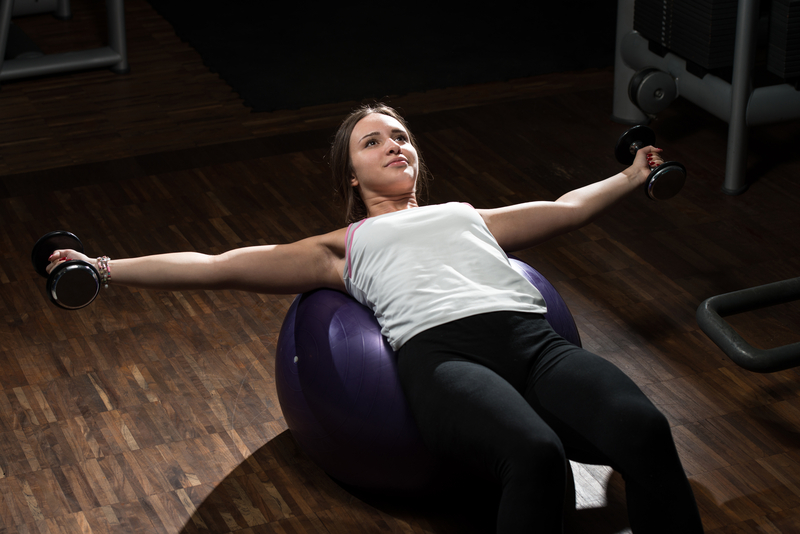
With challenging workouts from mega-marathons to endurance events on obstacle courses gaining popularity, New Orleans orthopedic surgeon Dr. Richard Meyer finds that more and more weekend warriors are jumping into extreme activities before investigating the dangers of overdoing it.
The drive to push the body too far too fast can backfire in very unpleasant ways. Recent studies suggest that extreme over-exercising can results in problems such as sleeplessness, blood poisoning, fractures or even heart damage.
According to your New Orleans orthopedic surgeon, overuse injuries, ranging from rotator cuff damage to tendonitis, comprise a significant part of his practice. Pain is an indication that you’re injuring something. So instead of pounding a treadmill for 90 minutes through severe shin pain, or bench pressing with intense shoulder pain, stop, rest and then return at a lower level.
Many people who might never have competed in a prior organized event are jumping right into extreme races. They have to remember that when it feels like it’s too much, it’s too much and at some point there is definitely a point of diminishing returns.
Your New Orleans orthopedic surgeon warns that disorientation, severe muscle cramps, lack of sweating and dizziness are among the warning signs that you may be overdoing your exercising routine. A recent study of hard-core marathoners actually revealed that extreme exercise could result in blood poisoning in people who haven’t trained properly.
The research (International Journal of Sports Medicine) indicated that pushing your body too far could potentially cause intestinal bacteria to enter the bloodstream and lead to blood poisoning. A study conducted in 2012 also indicated that long-term endurance running could result in scarring of the heart muscle.
It isn’t about going hard all the time – the professional athletes spend a tremendous amount of time in recovery and low-impact activity, and the cardiovascular benefits of moderate exercise far outweigh the risk of injury. It’s far better to be exercising than not, but you don’t have to see results the day you start – it’s a marathon, not a sprint.
If you have questions regarding your level of exercise or are experiencing any of the symptoms discussed above, call the office of New Orleans orthopedic surgeon Dr. Richard Meyer today to schedule a consultation.